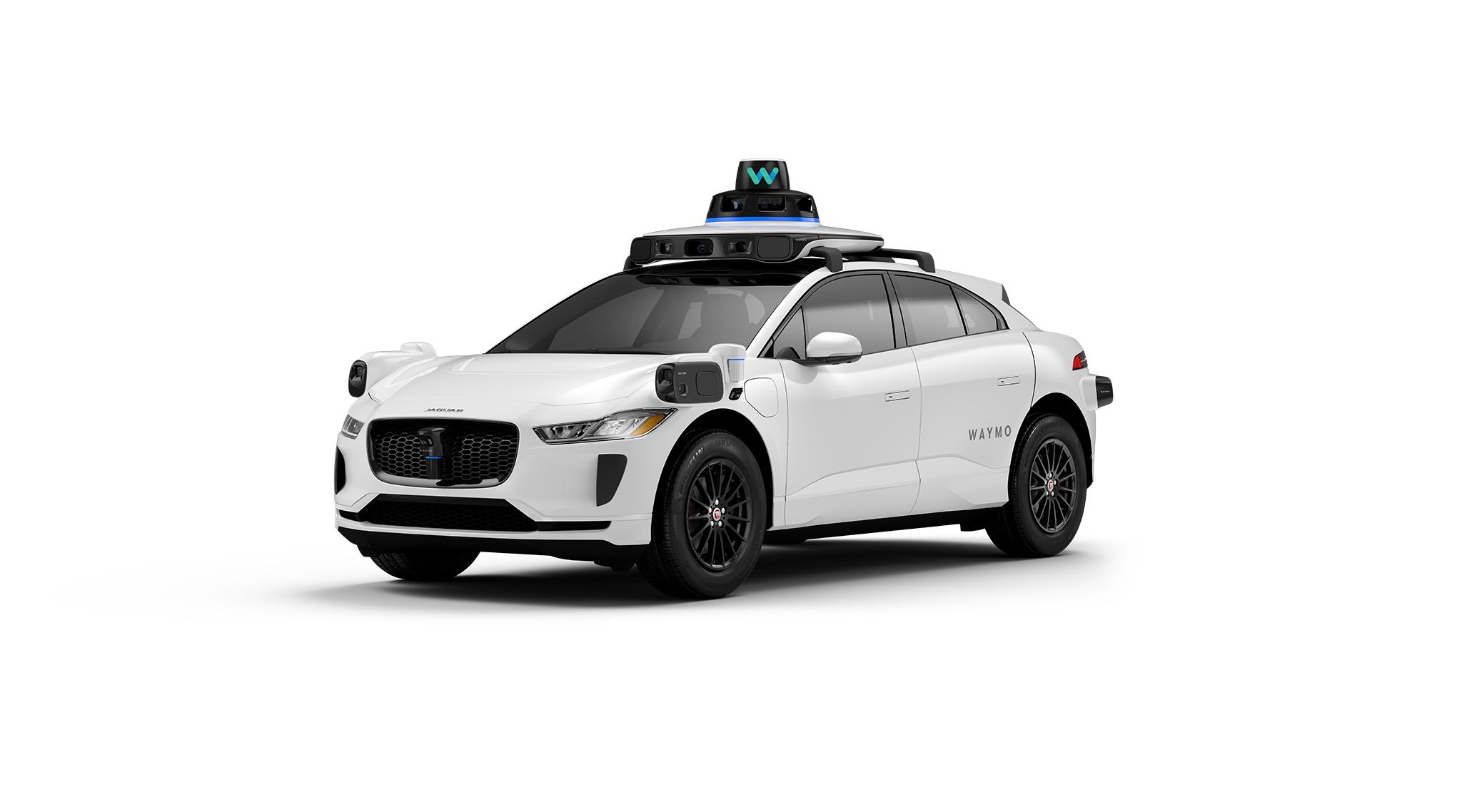If you’ve been to San Francisco recently, you probably saw at least one completely empty car driving up and down the city’s steep hills. Many of these autonomous vehicles are run by Waymo, a subsidiary of Google parent company Alphabet, which has been pursuing self-driving cars since 2009.
Today, Waymo announced it will bring its robotic rollers to Denver.
“We’re really excited to be coming to Denver,” Sandy Karp, Waymo spokesperson, told Denverite. “We begin driving this week.”
She said the company will begin with a pilot, bringing about a dozen cars downtown. They won’t be ready for human passengers until next year, she added. For now, this is testing “to understand Denver’s unique driving environment while engaging with local officials and community partners.”
Karp also said Waymo’s footprint will “gradually spread over the broader metropolitan area,” though she didn’t know how long it might take before you see a driverless car in Cherry Creek or at Red Rocks.
If the pilot moves forward, Denver would join San Francisco, Los Angeles, Phoenix, Atlanta and Austin as Waymo markets. The company also announced expansions in Seattle, Dallas, Miami and Washington, D.C., in recent months.
To get this far, Karp said the company has already engaged with Mayor Mike Johnston, Gov. Jared Polis, the Colorado Department of Transportation and local first responders.
Quotes from Polis and Johnston were both included in the company’s press release.
"Whether they need a ride to work, school, the farmer’s market, or they’re heading out for a night on the town, Waymo is a great way for Denverites to get where they’re going safely. Waymo’s innovative, climate-friendly technology will make our streets safer and cleaner, and I can’t wait for my first ride,” Johnston was quoted as saying.
Waymo will deploy Jaguar I-Pace and Zeekr RT vehicles with Waymo’s self-driving system in Denver. The system has been tested in winter climates in Michigan, New York and the Sierra Nevada, according to Waymo.
Waymo recently recalled some 1,200 vehicles because they were running into “chains, gates and other roadway barriers,” Reuters reported. But the company contends that its cars are far safer drivers, saying they are involved in 88 percent fewer crashes with serious injuries and 93 percent fewer crashes with pedestrians, among other measures.
Denverite editor Andrew Kenney contributed to this article.













